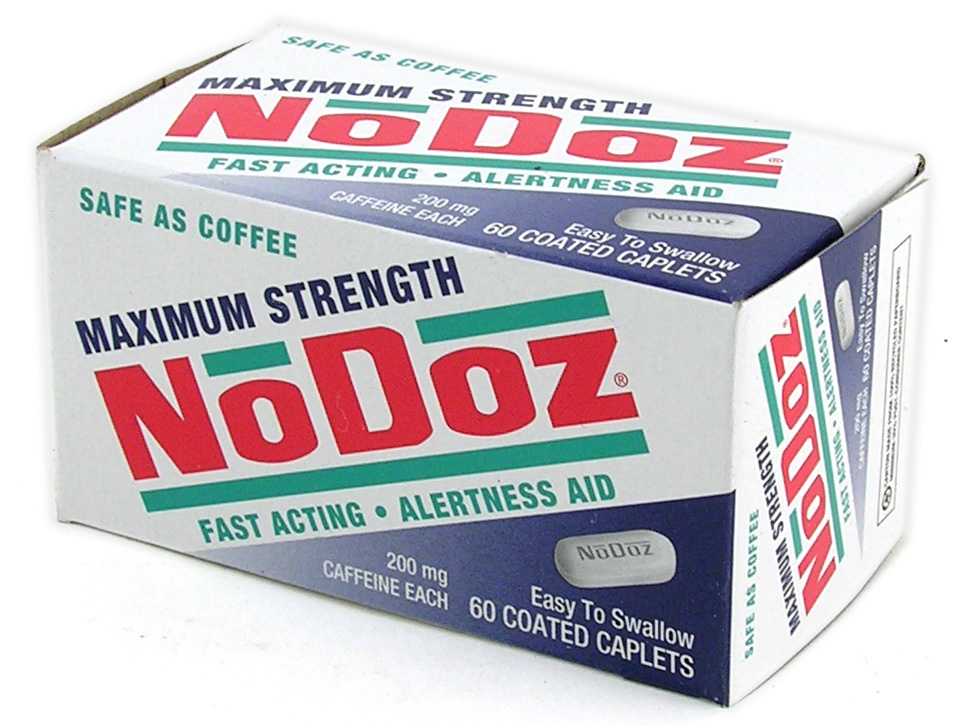
Dear Lyle,
I have a few questions about Dan’s body opus diet. First, has there been any feedback on using glycerol before a workout while on the diet??
I take a longer than usual time to reach ketosis and then only in the trace range. I eat 0 carbs & 70% fat, 30% protein. I use the ephedrine / caffeine / aspirin stack 2-3 times/day to help control hunger & lose fat. Is the caffeine interfering with ketosis???? Dan dosen’t mention not use the stack in the book, yet Both Dr. Atkins & Dr. Sears ban it from their diet because the caffeine supposedly raises insulin??? Do I also have to watch out for caffeine in diet soda???
I avoid sorbitol & mannitol sweeteners & I have stopped using garcinia cambogia & vanadyl sulfate, so I can deplete liver glycogen quicker
Also are you familiar with the studies that Dr. Lefavi quotes showing that vanadyl supplements reduce the uptake of amino acids into muscle tissue?? Is this correct & should I avoid vanadyl during the carb up period???
With regards to having troule getting into ketosis quickly, you should look at your protein intake. Too much protein can interfere with the induction of ketosis (since approx. 58% of ingested protein turns into glucose in the liver). You don’t need more than about 0.9 grams of protein/lb of bodyweight per day. The rest of your diet should be fat.
Personally I’ve never had a problem with caffeine and ketosis and I don’ buy the argument that caffeine *by itself* raises insulin. I seem to recall studies that caffeine + carbs may cause a greater insulin release. Also the only way I can see caffeine raising insulin is by stimulating the liver to break down it’s glycogen. Thing is, this is a critical aspect of establishing ketosis, emptying liver glycogen. So if caffeine does raise insulin by helping to deplete liver glycogen, this is a good thing in terms of ketosis. The faster you can get liver glycogen emptied, the faster you can get into ketosis.
However, some people seem to be sensitive to the citrate in diet sodas, it kicks them out of ketosis. Try dropping diet soda from your diet and see if it makes a difference in terms of how quickly you get into ketosis. Outside of that, you might try cutting the length of your carb-up back a bit. When glycogen is restocked in the body, it goes to muscles first and the liver last.
I’ve found that keeping my carb-up to 24-30 hours makes it much easier for me to get into ketosis. It takes a good 24 hours for muscle glycogen to get restored to normal levels following depletion so my liver probably isn’t getting as fully restocked as when I used to carb for 48 hours.
Also, try to end your carb-up around 6pm in the evening (I carb from Friday midafternoon to Sat evening). It takes an average of 12-16 hours for liver glycogen to empty. By finishing your carb-up early in the evening, you have the rest of that evening and then your sleep for liver glycogen to dump. A little light cardio the next morning will get rid of the rest of your liver glycogen and you should be able to get into ketosis faster.
I’ll be honest that I haven’t had time to track down the vanadyl research that Dr. Lefavi cited. However he seems to be pretty good about only citing well done research so I’d tend to trust his interpretation of it.


About the author
Lyle McDonald+ is the author of the Ketogenic Diet as well as the Rapid Fat Loss Handbook and the Guide to Flexible Dieting. He has been interested in all aspects of human performance physiology since becoming involved in competitive sports as a teenager. Pursuing a degree in Physiological Sciences from UCLA, he has devoted nearly 20 years of his life to studying human physiology and the science, art and practice of human performance, muscle gain, fat loss and body recomposition.